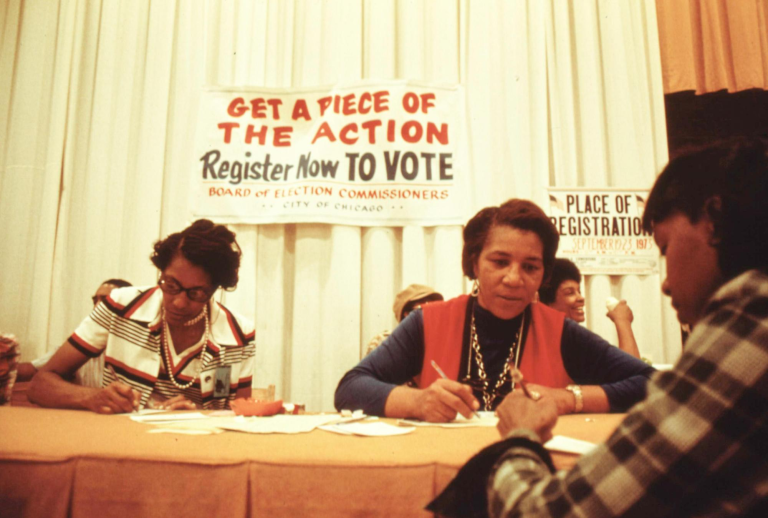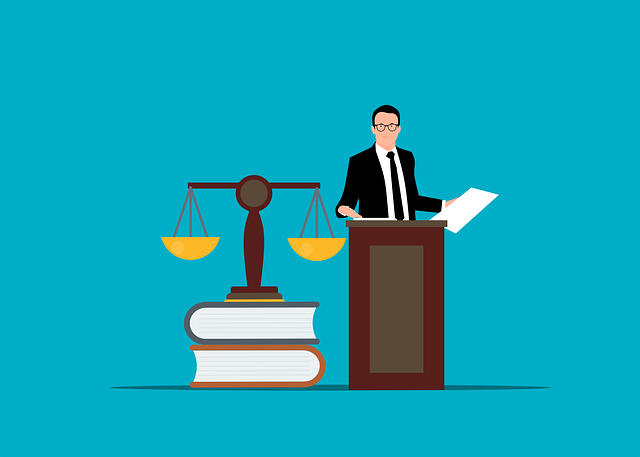The Importance Of Bail Hearings In Canada
Bail hearings in Canada are very important parts of the criminal justice system. They decide if a person who is accused can leave custody while they wait for their trial or must stay detained. This process follows rules from Canadian Criminal Code and Charter of Rights and Freedoms. It focuses on thinking that people are innocent until proven guilty, but also making sure public safety and fairness in court stay strong. Understanding details about bail hearings is very important for people involved in criminal justice. This involves lawyers, accused individuals, and worried citizens.
The Purpose of Bail
Bail has many important purposes. Mostly, it allows people who are accused of crimes to stay out of jail while they wait for their court cases. This is so they can continue living their normal lives and better prepare for their defense. This shows the idea that someone is innocent until proven guilty. Bail also ensures that a person returns to court for their trial and any other times they are required to appear. The bail system tries to protect the public and prevent more crimes from being committed while the accused person is out on bail.
In the beginning, it is up to the Crown to show why keeping someone in jail is important. But there are some cases where this responsibility moves over to the person accused (this is called reverse onus situations). These cases might be for very serious crimes, breaking bail rules from before, or if the person was already out on bail for another crime.
Considerations for Release
When a judge or justice of peace needs to decide if bail should be granted, they look at many things. These include primary, secondary, and tertiary reasons.
Primary Grounds relate to the chance that the accused will show up for their court appointments if let out on bail. If there is high risk they might run away, bail can be refused.
Secondary Grounds are mainly about keeping the public safe. If there is a big chance that the accused will commit more crimes or be dangerous to people if let go, the judge might say no to bail or set very strict rules for release.
Tertiary Grounds are connected to keeping trust in the justice system. Things like how serious the crime is, how strong the prosecution’s evidence is, and if there might be long jail terms after a guilty verdict are looked at. If letting the accused go free could make people lose trust in the justice system, they might not get bail.
Conditions of Bail
If someone gets bail, it usually comes with rules to reduce the risks discussed during the hearing. These rules can be things like curfews, limits on travel, bans on talking to certain people, and needing to check in often with a bail supervisor. In some situations, the person accused must give money as a promise or find someone to be their surety. A surety is a person who promises to watch over the accused and make sure they follow all rules of bail.
The Role of Legal Representation
Good legal help is very important during bail hearings. A criminal lawyer tries to get the accused person out of jail, showing proof and making points that go against what the Crown says. They might suggest special terms to handle possible dangers, making it more likely that bail is approved. Because the legal and factual matters are complicated, having a lawyer who knows what they’re doing can really change what happens in a bail hearing.
Conclusion
Bail hearings in Canada are a very important part of the criminal justice system. They try to balance the rights of accused people with safety for the public and keeping fairness in the legal process. Knowing how this works helps people understand their choices about what they can legally do or need to do. This way, they can make better decisions when dealing with law matters. The rules that help decide bail show the main ideas of fairness and justice, which are very important to keep people’s trust in the law system.







